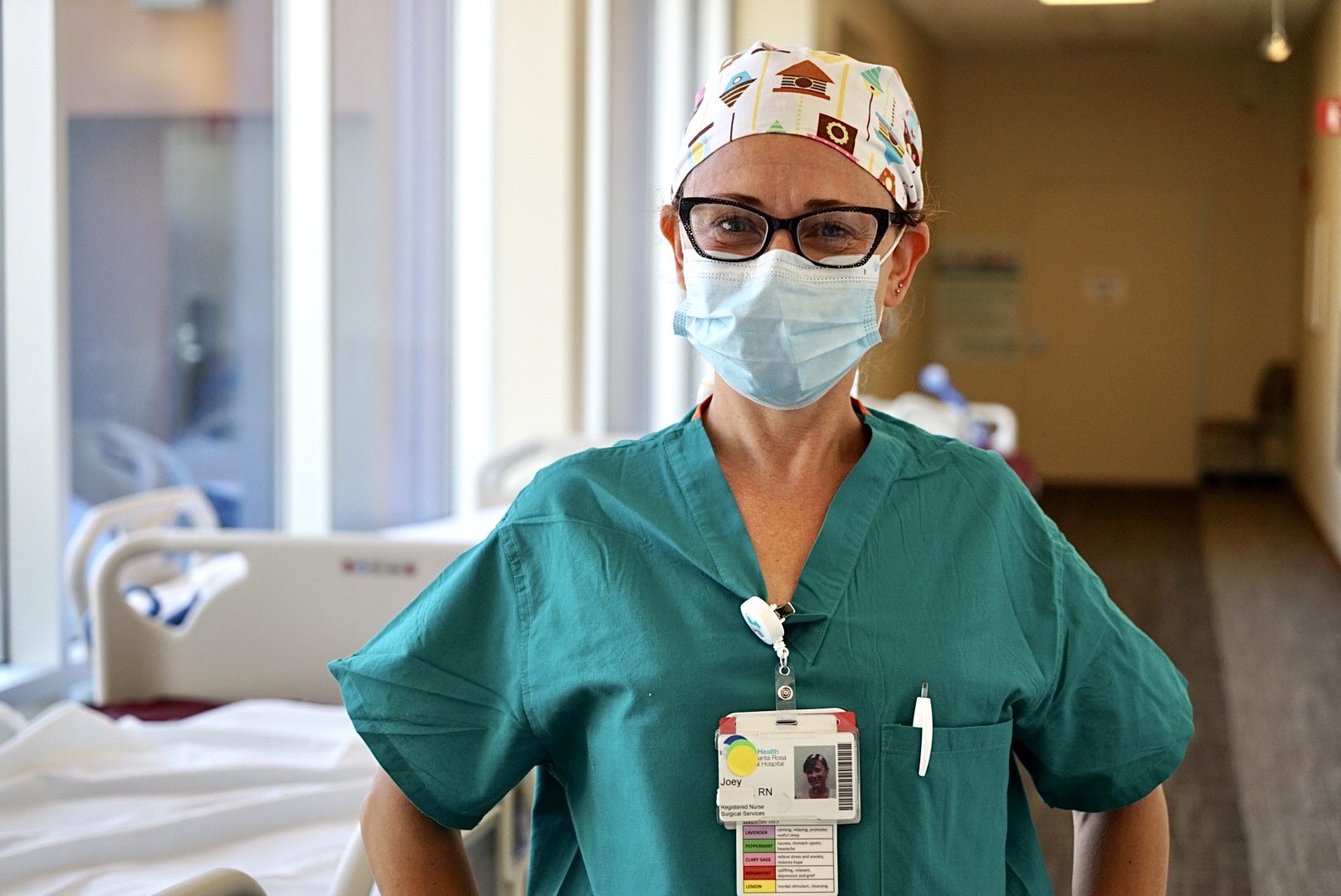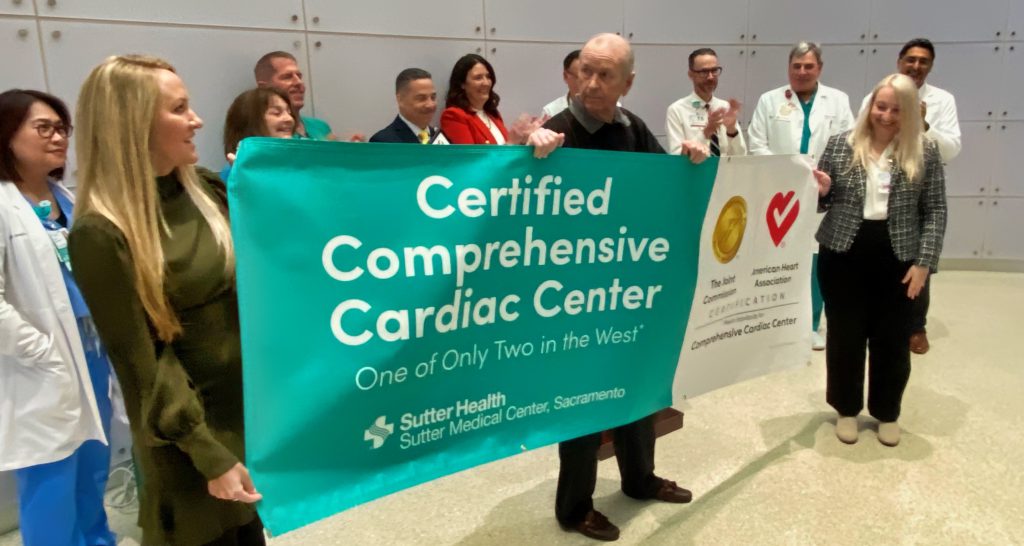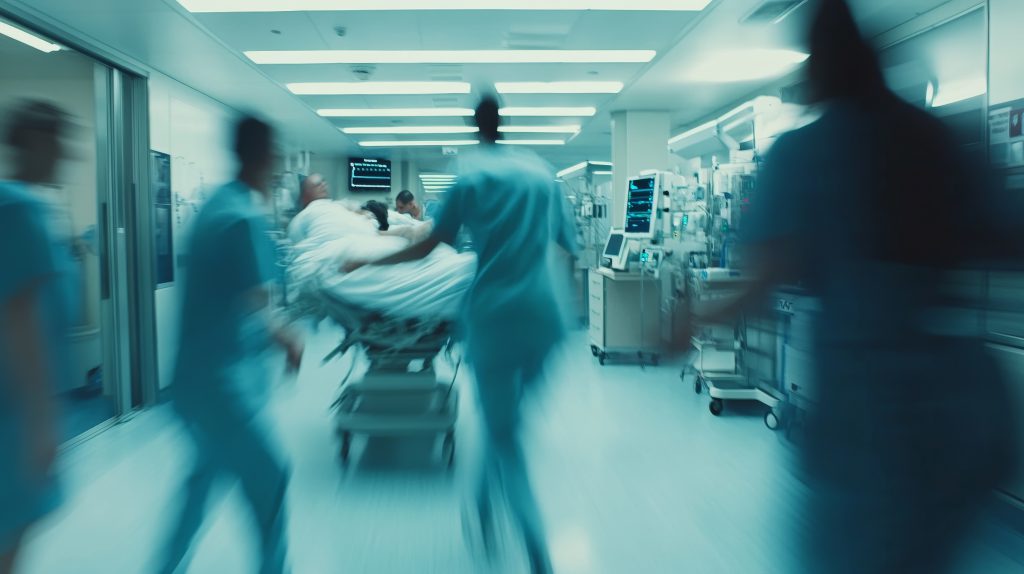COVID-19 continues to raise questions about the future and what the next phase or new “normal” may look like. Those working in healthcare are not immune to these issues, but employers and employees are responding in creative and compassionate ways to help impacted workers feel supported in a time with many unknowns.
Regroup. Then Retrain.
Hospitals and healthcare systems in California continue their preparations for a potential surge of COVID-19 patients. Those preparations have caused a shift in clinical operations and changes in workflows—even as systems are discussing resuming some procedures and services through a phased, safety-first approach.
Where does this leave employees today?
At Sutter Health, operating room personnel, surgery center staff and others have been given the opportunity for reassignment and redeployment to different areas of its integrated network depending on where they may be needed. And hundreds of them have raised their hands to volunteer.

‘Motivational Surge’
Meet Joey Benton. She’s been a surgical nurse for the past 20 years currently based at Sutter Santa Rosa Regional Hospital (SSRRH). She completed a cross-training online course to learn the ins and outs of medical charting for medical-surgical units. Since wading into the labor pool, she has been shadowing and supporting those unit nurses caring for patients. She’s been assisting by programming IV pumps, giving medications or conducting advanced wound care. She even takes shifts as a temperature checker at the hospital entrance, a measure Sutter has put in place to protect the health and safety of patients and staff.
Benton said the experience has been beneficial in more ways than one.
“It increases my motivation to learn more, to be more proactive and jump into situations where I may not be as comfortable. I feel a huge motivational surge,” she said. “Sutter is really investing in us. It doesn’t stop at nurses, either. It includes nursing assistants to EVS. If Sutter is willing to train us and support us, that’s everything we can ask for.”

Seventy-five percent of the Sutter nurses who volunteered for redeployment have been retrained to support key areas like medical-surgical units and intensive care units. Training is hosted at Sutter Health University in Sacramento by registered nurses who are trained clinical education specialists.
Groups of 10 worked together in the simulation education lab. The teams put in lots of good practice—and not just with the equipment. They respected appropriate social distancing, wore masks and followed hand hygiene and proper equipment cleaning protocols.
By the Numbers
• There are more than a 1,000 nurses throughout the network who have been retrained on our electronic health record or on how to support our COVID-19 hotline.
• Additionally, there are more than 1,300 doctors and advanced practice clinicians who have been retrained to support video visits for patients with primary care needs.
• While retraining is ongoing, the Technology Training Team that supported this work was able to do the bulk of it in less than two weeks.
• Hundreds of Sutter Health employees have donated their own PTO hours into a leave sharing program and money into a philanthropic disaster relief fund – options aimed at helping their fellow employees facing financial hardship.
“Sutter Health values our entire workforce. While circumstances have changed within our network, we’ve seen an incredible response from employees raising their hands to be retrained, as well as helping each other by donating money and PTO hours,” said Jill Ragsdale, chief people and culture officer for Sutter Health. “If we are unable to redeploy staff who are willing to work, we have a wage and benefit continuation program in place to continue to support them.”
Did You Know?
Sutter Health is supporting staff in other ways, too. Sutter is collaborating with the likes of the newly launched Airbnb Work, Outdoorsy and Aimbridge Hospitality to help front line health care workers and doctors find temporary lodging around hospitals where they may be relocated to support.





